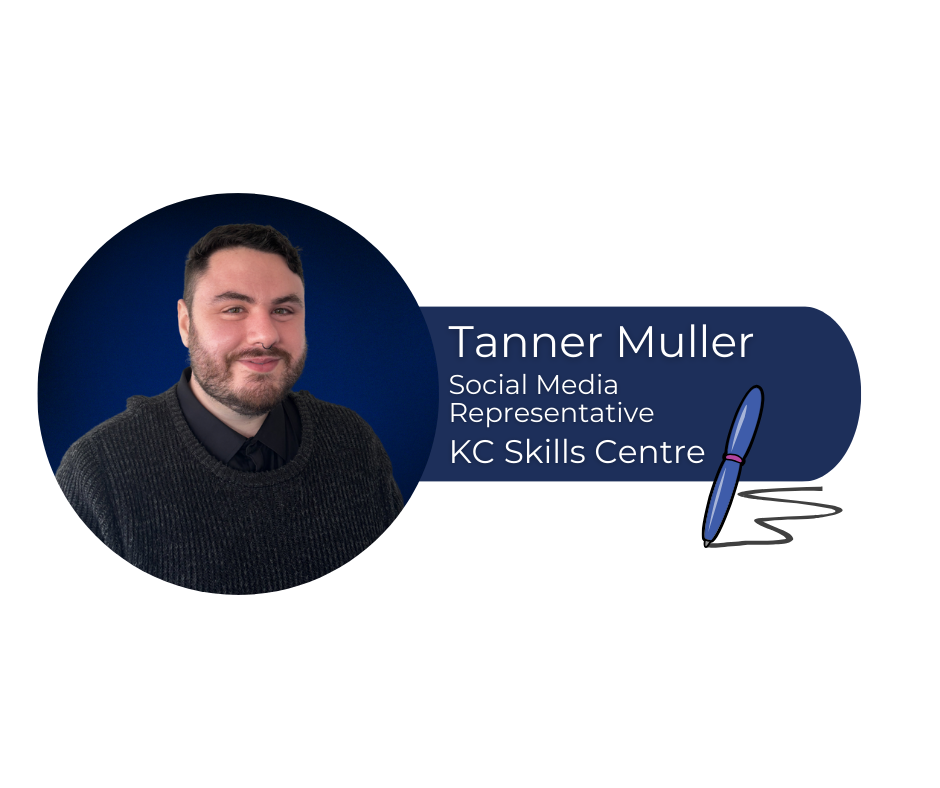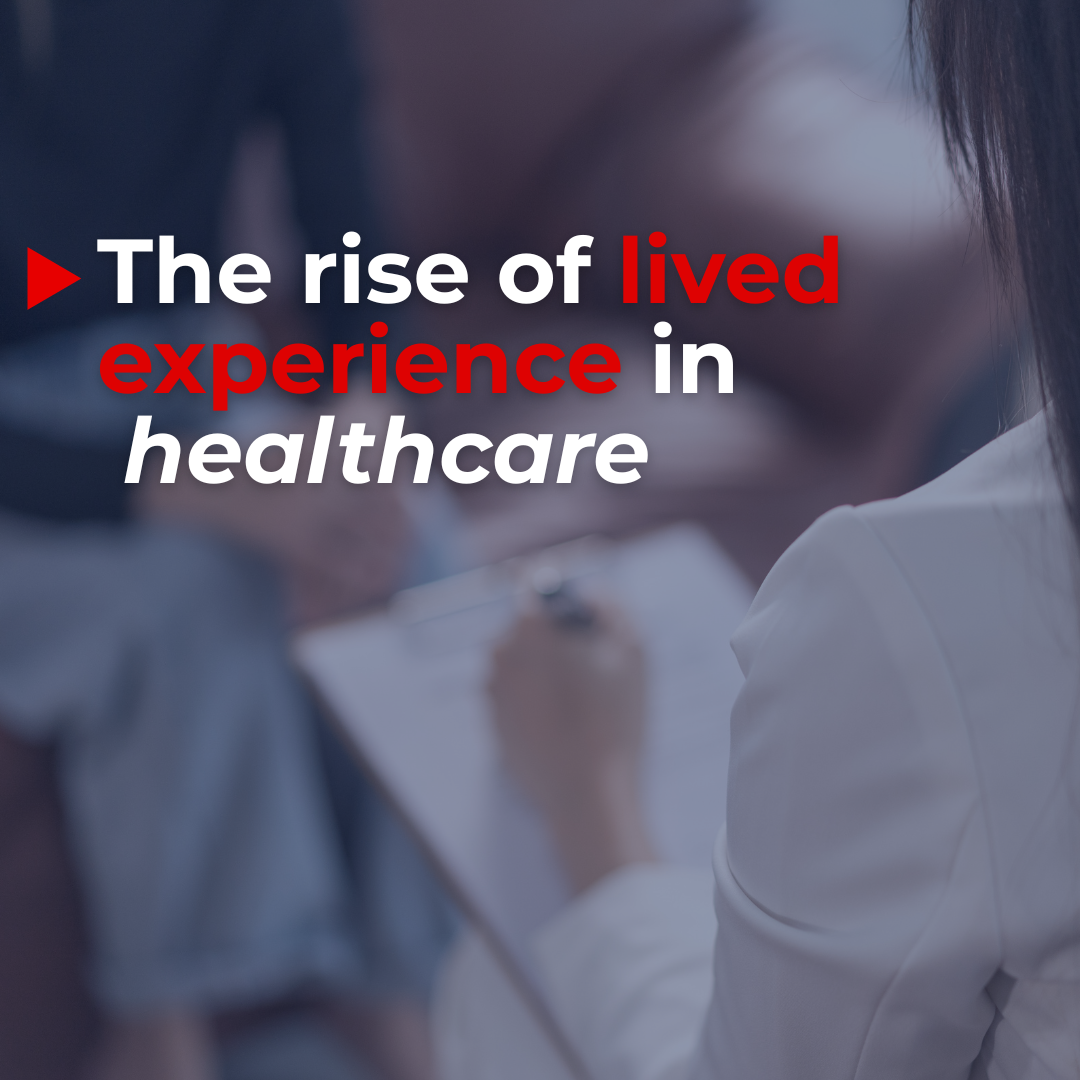In recent years, the healthcare industry has increasingly recognised the value of lived experience in shaping better, more effective healthcare. The voices of those who have firsthand experience of specific health conditions are becoming central to the development of care models, policies, and treatment approaches. This shift represents a significant change in how healthcare providers engage with patients and incorporate their insights into care practices.
‘The lived experience movement has a famous saying which is ‘nothing about us without us,’ explains Director of Consumer Lived Experience at Alfred Health, Rebecca Langman. ‘Every decision in the patient journey is important and the ‘smallest’ things can make all the difference to the patient experience.’

What is lived experience in healthcare?
Lived experience, in the context of healthcare, refers to the direct experiences of individuals who have navigated various health challenges, whether they be chronic conditions, mental health struggles, or dealing with the complexities of the healthcare system. These individuals provide unique insights that can shape more patient-centred approaches to care, ensuring treatments, interventions, and services reflect the needs and priorities of those they aim to support.
‘When healthcare services are designed appropriately and informed by lived experience… the outcomes are better for everyone involved,’ says Langman. ‘It’s not just about medical treatment, but about making the overall experience better for the patient.’
Traditionally, healthcare systems have been driven by clinical expertise and standardised protocols. However, as patient advocacy grows, healthcare providers are realising these systems must be flexible enough to accommodate the diverse, and often complex, realities of people’s lives. For instance, a person living with a chronic illness may need more than just medical interventions—they may require social support, accessibility services, or mental health assistance; areas where lived experience can help provide essential viewpoints.
‘From a clinical perspective, the lived experience philosophy can sometimes challenge the standard medical model,’ tells Langman. ‘Lived experience has an agreed set of values, like mutuality, empowerment, and self-determination, which may not always align with conventional approaches. However, it is important that clinicians do not see lived experience as a threat to their authority or expertise, as we can all work together towards care that is less restrictive and promotes human rights.’
Challenges of integrating lived experience
Those with lived experience are also playing a growing role in healthcare decision-making, from policy development to the day-to-day operations of healthcare facilities. Many hospitals, clinics, and health organisations are now including people with lived experience in advisory roles recognising the unique value they bring. Their firsthand knowledge allows them to offer practical, often overlooked solutions that can lead to more compassionate and effective care.
With that said, integrating lived experience into healthcare is not without challenges. One of the primary barriers is the longstanding divide between clinical expertise and patient experience. While clinicians are trained to diagnose and treat based on evidence, they may not always be aware of the emotional, social, and personal complexities that patients might experience. This disconnect can lead to gaps in care, where patients feel their needs are misunderstood or ignored.

The need for a cultural shift
Additionally, the stigma associated with certain conditions (particularly mental health, addiction, and HIV) can make it difficult for individuals to speak up or share their experiences openly. Addressing these stigmas within the healthcare system is essential to promoting an environment where lived experience is valued and respected.
‘It is important to remember that when people share their lived experience, they are often sharing from some of the hardest or most traumatising moments of their lives,’ adds Langman. ‘This can make it a vulnerable experience for the person sharing it. Lived experience workers (LEWs) are also more than often the only people bringing this perspective into a multidisciplinary team’.
This integration would require healthcare providers to take a more active role in listening to and acting on the insights provided by those with lived experience. This involves not only seeing patients as individuals with unique stories, but also actively involving them in shaping their own care plans. It also involves broadening the definition of expertise to include not just clinical knowledge, but also personal experience.
‘It’s important for healthcare providers to value lived experience not just as an afterthought, but from the beginning of any project,’ says Langman. ‘Methods like co-production and co-design can help ensure more authentic and meaningful engagement.
‘I hope to see lived experience go beyond just mental health services. There is a growing evidence base for peer support and lived experience co-designs in areas like diabetes, cancer, and ICU admissions. Every patient and family should have the opportunity to have someone with lived experience walk alongside them in their recovery journey.’

The rise of lived experience in healthcare is not only transforming how care is delivered, but is also empowering patients to take an active role in their journey. It represents a shift toward a more inclusive, empathetic, and holistic approach to health, where the voices of those directly impacted by conditions are not just heard—but are essential to creating a system that works for everyone.
‘Australia has already made great advancements,’ tells Rebecca. ‘We are one of the few places in the world where lived experience roles exist. I hope we continue to see more lived experience voices holding positions at influential decision-making tables where they have power and authority.’
As the healthcare industry continues to evolve, the contributions of individuals with lived experience will be vital in ensuring that care is not only scientifically effective, but also personally relevant and responsive to the needs of all patients.
If you want to take the first step in applying your lived experience, enrol in Skills Centre Australia’s Introduction to Support Work course, where you will learn professional workplace boundaries, incident reporting, and role requirements. Contact us today on (08) 8340 6875 or email info@kcskillscentre.com.au. For more information, or to enrol, visit our website www.kcskillscentre.com.au.


